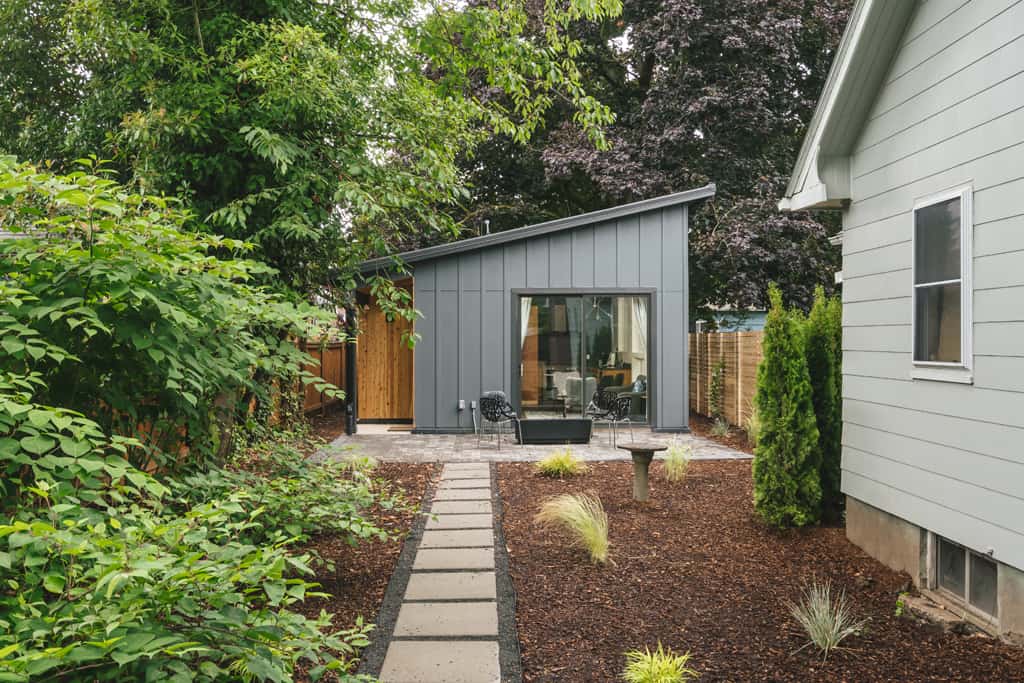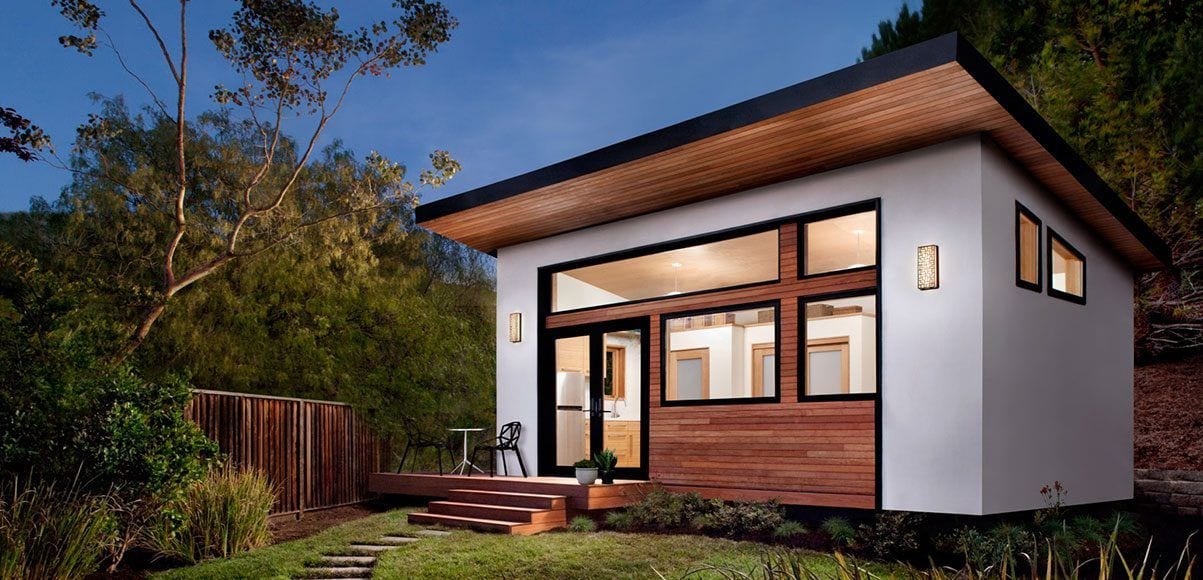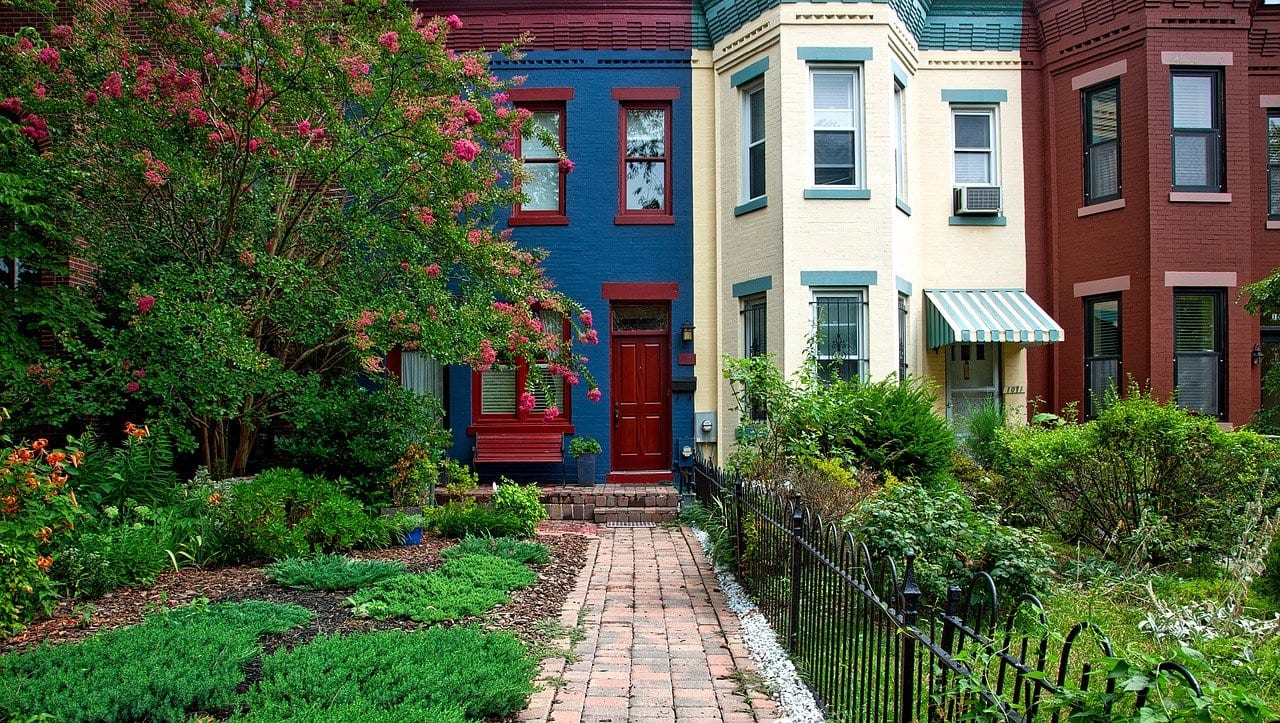Over the past year and a half, many Arlington VA families have been spending more time than ever at home. As a result, many people have invested a lot of time, money, and effort into revitalizing their living spaces to make them more comfortable. After all, when you’re at home all day, you want your home to be a place that’s warm, inviting, and relaxing – it should be your safe space and sanctuary away from the rest of the world. One great way to create that type of environment is by adding an Accessory Dwelling Unit, or ADU, to your existing property.
What is an ADU?
ADUs often go by many names – in-law suite, studio shed, backyard home, basement apartment, and additional dwelling unit are just a few of the common nicknames for these ancillary spaces. Regardless of what name you use, there are a few characteristics that all of these units have in common. It’s also important to make sure you know what you’re getting into prior to embarking on a major construction project. Here are a few things to keep in mind as you assess whether or not to add an ADU to your residence.
Building and Zoning Codes
All of these living units must abide by local building and zoning codes. Whether the space is attached to your current Arlington VA residence – such as a basement apartment – or a unit you’re planning to add to your backyard, there are specific regulations and standards that must be met in order to legally maintain the dwelling. These rules can vary from county to county, so it’s important to understand how these will impact your unit before jumping into a project headfirst.
Physical Requirements
It’s necessary to make sure that your Arlington VA property is spacious enough to support your accessory dwelling unit. This is especially important if you’re planning to add onto your existing property, rather than building out a unit within it (such as a basement apartment). Ensuring that you have enough land to comfortably accommodate this additional living space will make the process go much more smoothly.
Usability Requirements
The third factor in building an ADU is considering the use of your space. There are a defined set of permissible uses, which are controlled by local government regulations. These regulations, similar to building and zoning codes, vary by location, and there are also limitations on what and who they may be used for, in order to reduce impact on nearby residents.
If you plan to own your home for an extended period of time, and you want to add additional space (whether that’s inside or out), adding an accessory dwelling unit is a great way to add value to your property as long as it’s done correctly and legally. There are many factors to consider prior to beginning construction; but permitting that the long-term benefits outweigh the short-term costs, expanding your property by adding an ADU can provide you with a little home-away-from-home – and the furthest you’ll have to travel is your own backyard.




